 We collectively benefit when these historically excluded groups are resourced in their leadership, ideas, solutions, and joy. However, when we miss this lens, funders inadvertently perpetuate further marginalization and exclusion.
We collectively benefit when these historically excluded groups are resourced in their leadership, ideas, solutions, and joy. However, when we miss this lens, funders inadvertently perpetuate further marginalization and exclusion.
A Christmas Carol, updated for our times
The Ethical Rainmaker: Patagonia did WHAT? ft. Andy King
![]() What’s up with the controversies around Patagonia’s generosity? Michelle is discussing shock tactics, wealth hoarding, trust issues and more, with “The UK’s most influential fundraiser,” Andy King!
What’s up with the controversies around Patagonia’s generosity? Michelle is discussing shock tactics, wealth hoarding, trust issues and more, with “The UK’s most influential fundraiser,” Andy King!
Leading with trust: Our (successful!) experiment with Transformational Capacity Building
By josh martinez and Sarah Benner-Kenagy
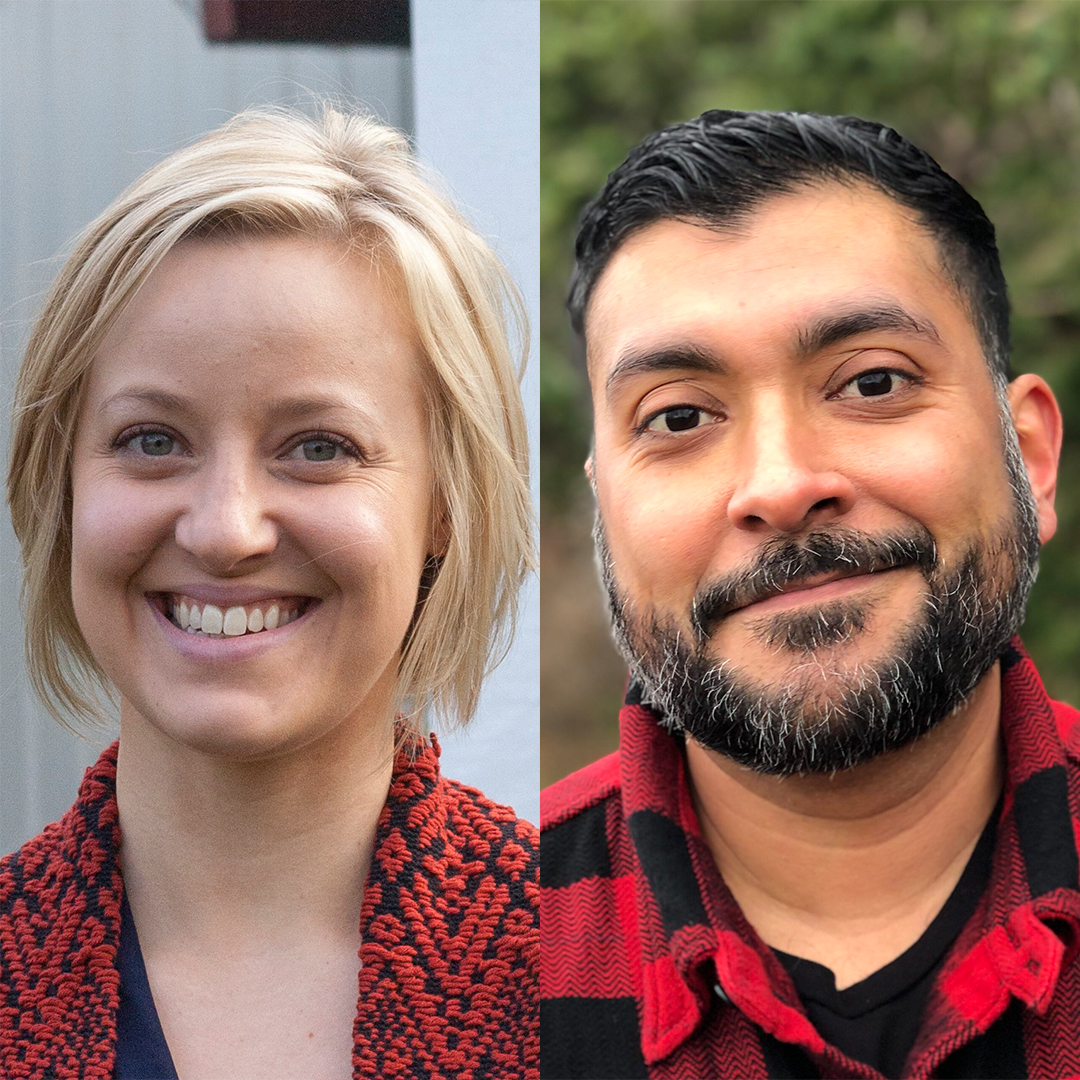 One of the biggest stressors in the world of social services is money. Who has it? Who needs it? What does the person who has it want in return for giving it to the person who doesn’t? On a person-to-person level, most people don’t attach strings to the dollar they give to someone on the street (and if you do, please stop!). But on a funder-to-organization level, we have strings a-plenty! Why is that? What if there was another way?
One of the biggest stressors in the world of social services is money. Who has it? Who needs it? What does the person who has it want in return for giving it to the person who doesn’t? On a person-to-person level, most people don’t attach strings to the dollar they give to someone on the street (and if you do, please stop!). But on a funder-to-organization level, we have strings a-plenty! Why is that? What if there was another way?
Why must the white cis nonprofit workers angry react to all my posts? Ep: Always challenge transphobia
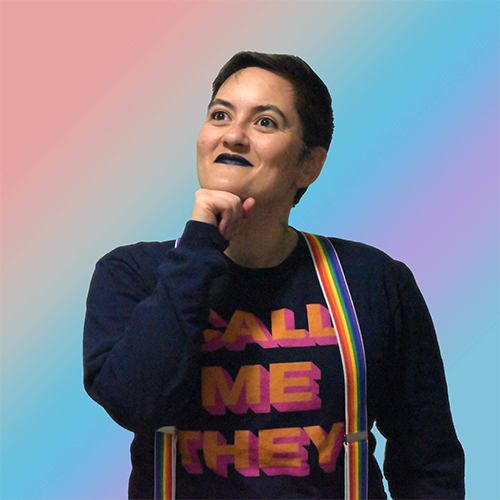 Try as I might to focus on my day job two days after the mass shooting at Club Q in Colorado Springs, I can’t. I can only think about what I want my cisgender heterosexual friends, family, and coworkers to know about what it’s like to live in my skin…
Try as I might to focus on my day job two days after the mass shooting at Club Q in Colorado Springs, I can’t. I can only think about what I want my cisgender heterosexual friends, family, and coworkers to know about what it’s like to live in my skin…
The Ethical Rainmaker: Are we even evaluating what matters? ft. Dr. Marcia Coné
![]() In a world where tech money wants us to quantify our work, what is truly meaningful and how do we change? Michelle talks with Marcia about Equitable Evaluation Framework and how our practices are so wrong and how to do better.
In a world where tech money wants us to quantify our work, what is truly meaningful and how do we change? Michelle talks with Marcia about Equitable Evaluation Framework and how our practices are so wrong and how to do better.
A message of support by the Community-Centric Fundraising Global Council for AFP Chicago’s open letter to AFP Global
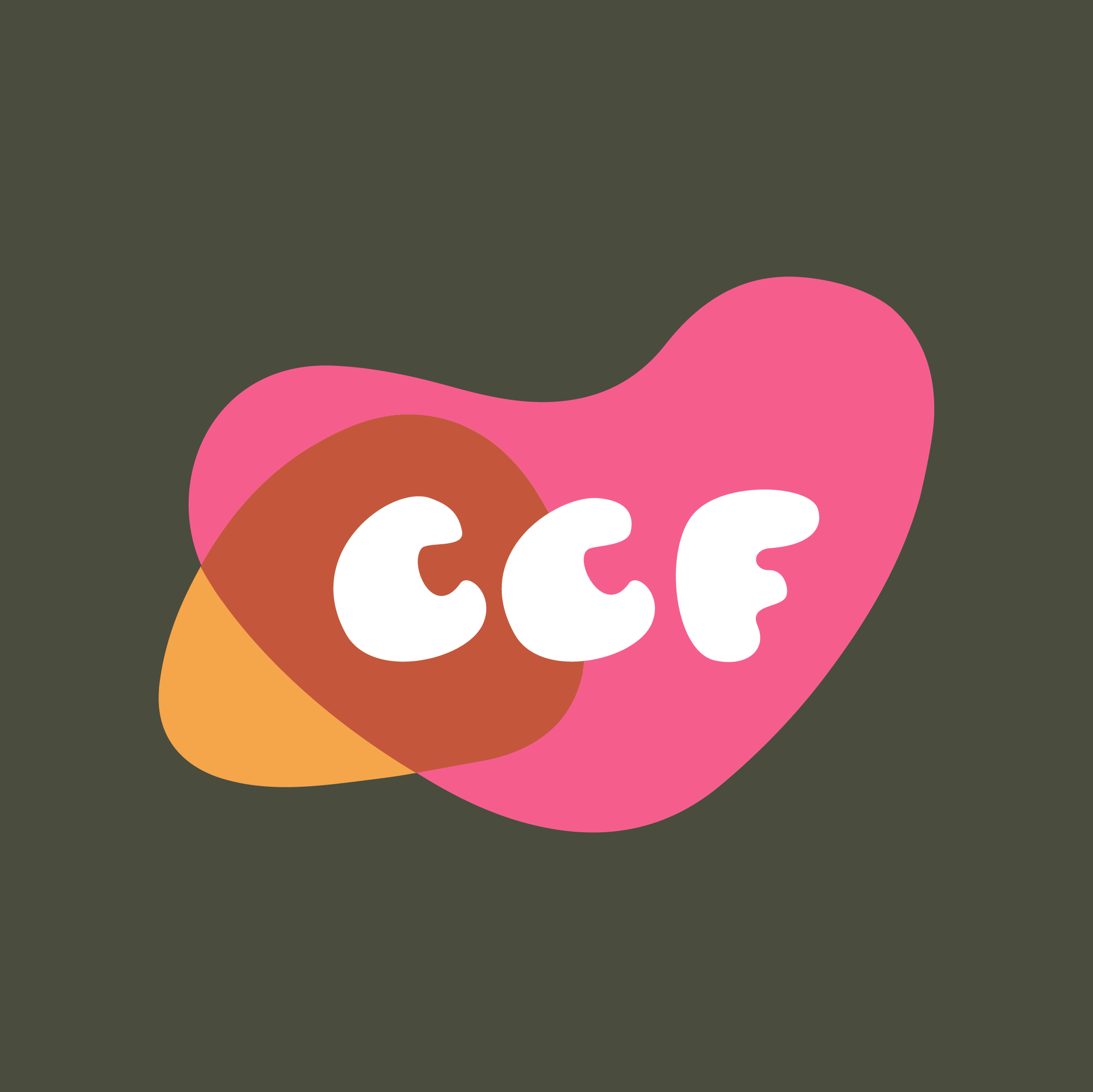 One of the core values of the Community-Centric Fundraising movement is that of Courage. We must challenge the way things are done and take bold action if we want to see the change that is needed to create equitable fundraising practices. For this reason, we support efforts which advocates for safe and healthy environments for fundraisers to do good work.
One of the core values of the Community-Centric Fundraising movement is that of Courage. We must challenge the way things are done and take bold action if we want to see the change that is needed to create equitable fundraising practices. For this reason, we support efforts which advocates for safe and healthy environments for fundraisers to do good work.
Why must the white cis nonprofit workers angry react to all my posts? Ep: White women, stop gatekeeping progress
 I thought it was just a problem I was experiencing: white women gatekeepers in justice, equity, diversity, and inclusion (JEDI) work. But, I was attending The Adaway Group’s Whiteness at Work Training (I highly recommend this training for folks working at predominantly white institutions!) when Desiree and Jessica began talking about it explicitly.
I thought it was just a problem I was experiencing: white women gatekeepers in justice, equity, diversity, and inclusion (JEDI) work. But, I was attending The Adaway Group’s Whiteness at Work Training (I highly recommend this training for folks working at predominantly white institutions!) when Desiree and Jessica began talking about it explicitly.
4 profound, professionally enhancing insights from a silent meditation retreat
 “I am grateful I spent 10 days this year in silent meditation, a privilege that many nonprofit workers are not granted due to supremacy work cultures. During this time I came to four profound, professionally enhancing insights as it relates to my nonprofit work.”
“I am grateful I spent 10 days this year in silent meditation, a privilege that many nonprofit workers are not granted due to supremacy work cultures. During this time I came to four profound, professionally enhancing insights as it relates to my nonprofit work.”
The Ethical Rainmaker: Shame On You and Guilt Too ft. Dr. Anu Taranath
![]() Michelle and Anu, author of Oprah-loved book Beyond Guilt Trips, build analysis through a lens of travel ethics and what it means to truly move forward.
Michelle and Anu, author of Oprah-loved book Beyond Guilt Trips, build analysis through a lens of travel ethics and what it means to truly move forward.
Strategy, partnerships, implementation: where to start?
 “Fundraisers have so much power to push forward equitable practices at the organizations we represent. You can commit to using that influence to encourage your nonprofit and partners to push for systemic change.”
“Fundraisers have so much power to push forward equitable practices at the organizations we represent. You can commit to using that influence to encourage your nonprofit and partners to push for systemic change.”
How I learned to say, “Not today, imposter syndrome!”
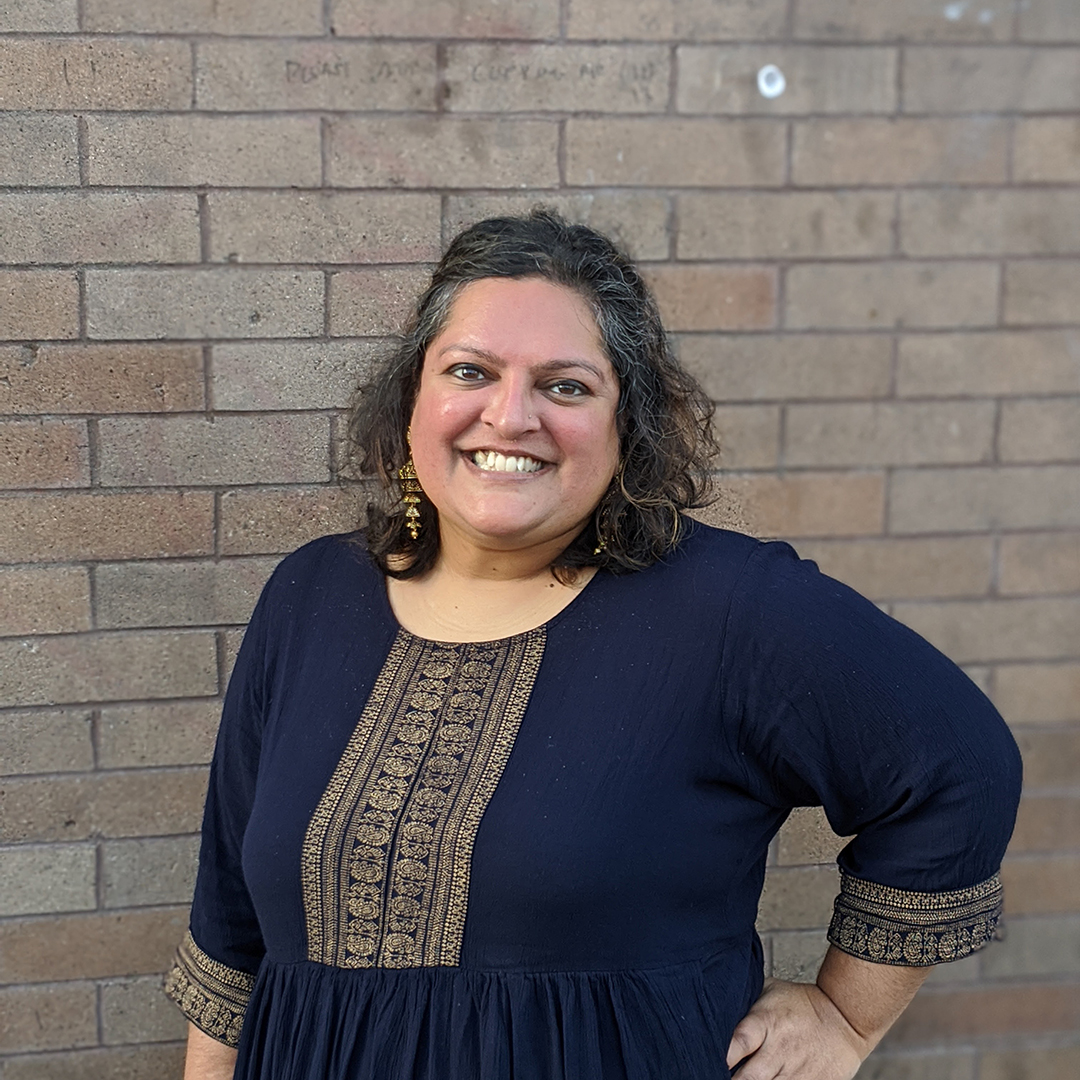 I want to talk about impostor syndrome, that little hater we all know who has grown too comfortable living in our bodies. It’s the voice that tells the story of our failure, over and over again. Really, it’s a wound we have to heal.
I want to talk about impostor syndrome, that little hater we all know who has grown too comfortable living in our bodies. It’s the voice that tells the story of our failure, over and over again. Really, it’s a wound we have to heal.

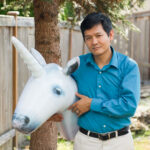 Charles Dickens’s novella a Christmas Carol is a timeless classic. It was first published in 1843 and has never gone out of print. But 1843 is nearly 180 years ago. It’s time for us to update the story to be more relevant to our times.
Charles Dickens’s novella a Christmas Carol is a timeless classic. It was first published in 1843 and has never gone out of print. But 1843 is nearly 180 years ago. It’s time for us to update the story to be more relevant to our times.